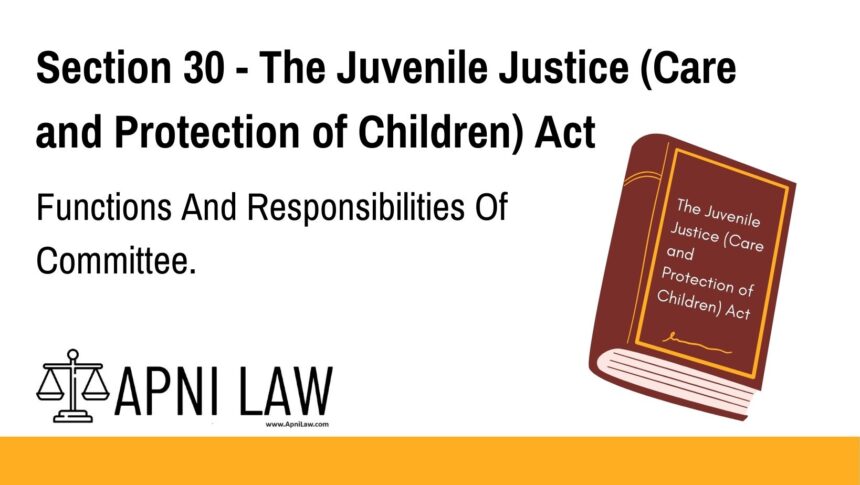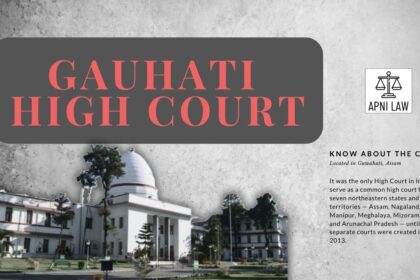Code
Section 30 of the Juvenile Justice (Care and Protection of Children) Act, 2015, outlines the specific duties and powers of the Child Welfare Committee. These include recognizing children in need of care, conducting inquiries, placing children in foster or institutional care, declaring them legally free for adoption, inspecting care homes, and ensuring proper rehabilitation and legal support, among many others.
Explanation
This section comprehensively lists the operational and decision-making responsibilities of the Child Welfare Committee. In essence, the CWC is not just a legal body but a specialized authority responsible for:
-
Identifying and receiving children who need protection.
-
Investigating their background and ensuring their safety and well-being.
-
Placing them in care or rehabilitation facilities, including foster care.
-
Declaring children as legally free for adoption after proper inquiry.
-
Reuniting lost, abandoned, or surrendered children with their families when possible.
-
Monitoring institutions and taking action against abuse.
-
Coordinating with various departments and agencies for holistic child care.
-
Taking suo motu action if necessary, i.e., acting without a formal complaint.
Illustration
🔸 Example:
Suppose a 9-year-old boy is found working illegally at a roadside food stall. The Child Welfare Committee will:
-
Take custody of the child (as per clause i).
-
Order a social investigation by child welfare officers (clause iii).
-
Based on the findings, place the child in a registered children’s home (clause vii).
-
If found abandoned or orphaned, declare the child legally free for adoption (clause xi).
-
Ensure regular inspection of the facility where the child is placed (clause viii).
-
Work with the labour department to ensure no further exploitation occurs (clause xv).
Common Questions and Answers
Q1: Can the Committee act without anyone formally producing the child before it?
Yes. Under clause (xii), the Committee can take suo motu action if three or more members agree.
Q2: Does the Committee have the authority to conduct inspections?
Yes. It must conduct at least two visits per month to residential facilities and recommend improvements.
Q3: Who certifies that a child is legally free for adoption?
The Child Welfare Committee, after a proper inquiry (clause xi).
Q4: Can the Committee take action if a child is abused in a care home?
Yes. It must conduct an inquiry and can direct police or other authorities to act (clause xvi).
Conclusion
Section 30 of the Juvenile Justice Act lays out a wide-ranging and child-centric mandate for the Child Welfare Committee. By giving it legal, rehabilitative, supervisory, and proactive powers, the Act ensures that every child in need is identified, supported, and placed in a nurturing environment. The CWC plays a pivotal role in safeguarding children’s rights and guiding them toward a secure and healthy future.








